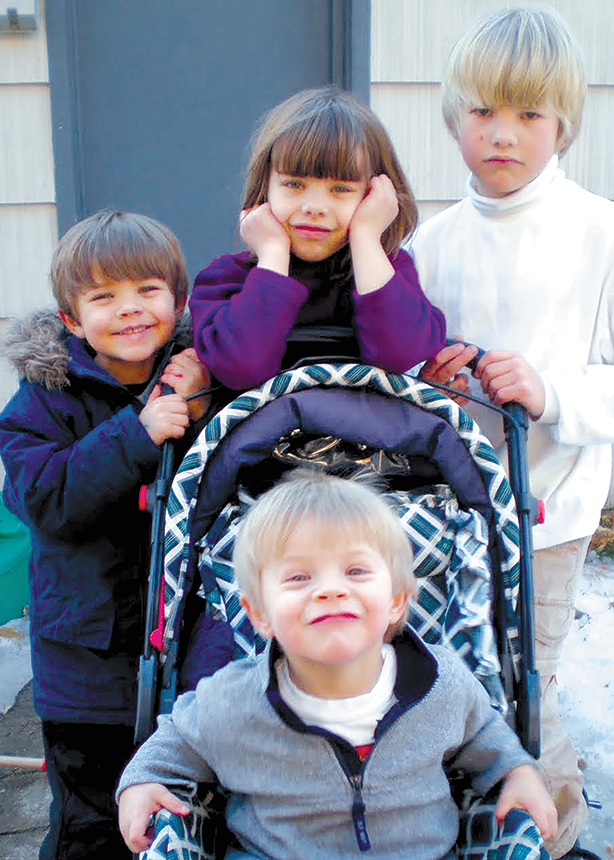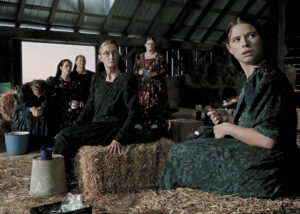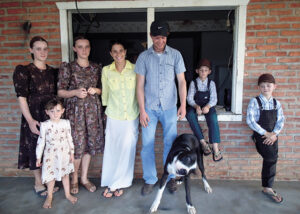It takes me a long time to learn a lesson.
The book Necessary Losses by Judith Viorst was required reading when I was in seminary, and my lasting impression of its message was that life is a series of losses. Right from birth, life is a process of letting go. My instinctive response was that, while there was truth in Viorst’s writing—one of her other books, Alexander and the Terrible, Horrible, No Good, Very Bad Day also has lots of truth!—I did not like it one bit.
Fast forward two decades, and I am working as a chaplain in long-term care. “What is life about?” I recently asked one of our wise residents. “Letting go,” was her response. Hmm. Really? Again, my gut response was to push back. I expected a “but” to follow. But we hang on to what’s important, but greater things are yet to come. Nothing came. My oldest son had just begun university, and the feeling of “letting go” was very raw. I told my wise friend, “I am not good at letting go.” She smiled.
When the last of our children became too big for our stroller, I snipped pieces of material from the seat and I put a square into each of their “special boxes” so they could hold on to a piece of that time of life. You might say I am doing a good job at passing on my resistance to necessary losses or letting go.
My resistance to letting go may be somewhat unexpected, since my husband and I have done our fair share of moving. We have had to “let go” of many dear friends and places. While I don’t find moving in the least bit easy, I have not been averse to it; I see our moves as part of God’s larger vision or call for us.
So why do I see letting go in other parts of life differently? Why do I resist letting go of my children? Why has it been hard to let go of my vocational identities?
I understand that people who are the most adept at adjusting to aging are the ones who see themselves as part of something larger; they realize that life has a larger purpose and that they remain part of that larger picture even if their role has changed. In my limited experience, almost everyone struggles with identity and meaning as they age, but those who see themselves as part of life’s broader flow and purpose continue to see the beauty and sanctity of life.
Perhaps I struggle with letting go because it’s my eyes that are dim, not the eyes of my elderly friends. I have wanted to keep my children close, but now I think it’s my job to release them to explore the world with their own creativity and courage, not mine. Letting go means a constant changing of roles while still holding fast to the shared identity of being part of God’s vision for the world. I think I kind of knew that, but remember, I really learn lessons slowly.
I wonder what you are letting go of in your particular life stage. I wonder what we as churches need to let go of in order to be a part of God’s ongoing work in the world. I wonder how we root ourselves in our shared identity as God’s beloved ones.
When I sit with people at the end of their life, I often read the end of I Corinthians 13: “Now I see in the mirror dimly, but then I will see face to face.” I see oh so dimly. May I let go in order to embrace the world that God calls my children into, and that God calls me and you into. May my vision grow sharper as I age and as I learn from the wisdom of those near the final stages of their lives.
Carmen Brubacher was licensed toward ordination as a chaplain at Forest Heights Long-term-care Home in Kitchener, Ont., last fall at Waterloo North Mennonite Church, her home congregation. She currently represents the Women of Mennonite Church Eastern Canada on the Mennonite Women Canada board.









Leave a Reply
You must be logged in to post a comment.